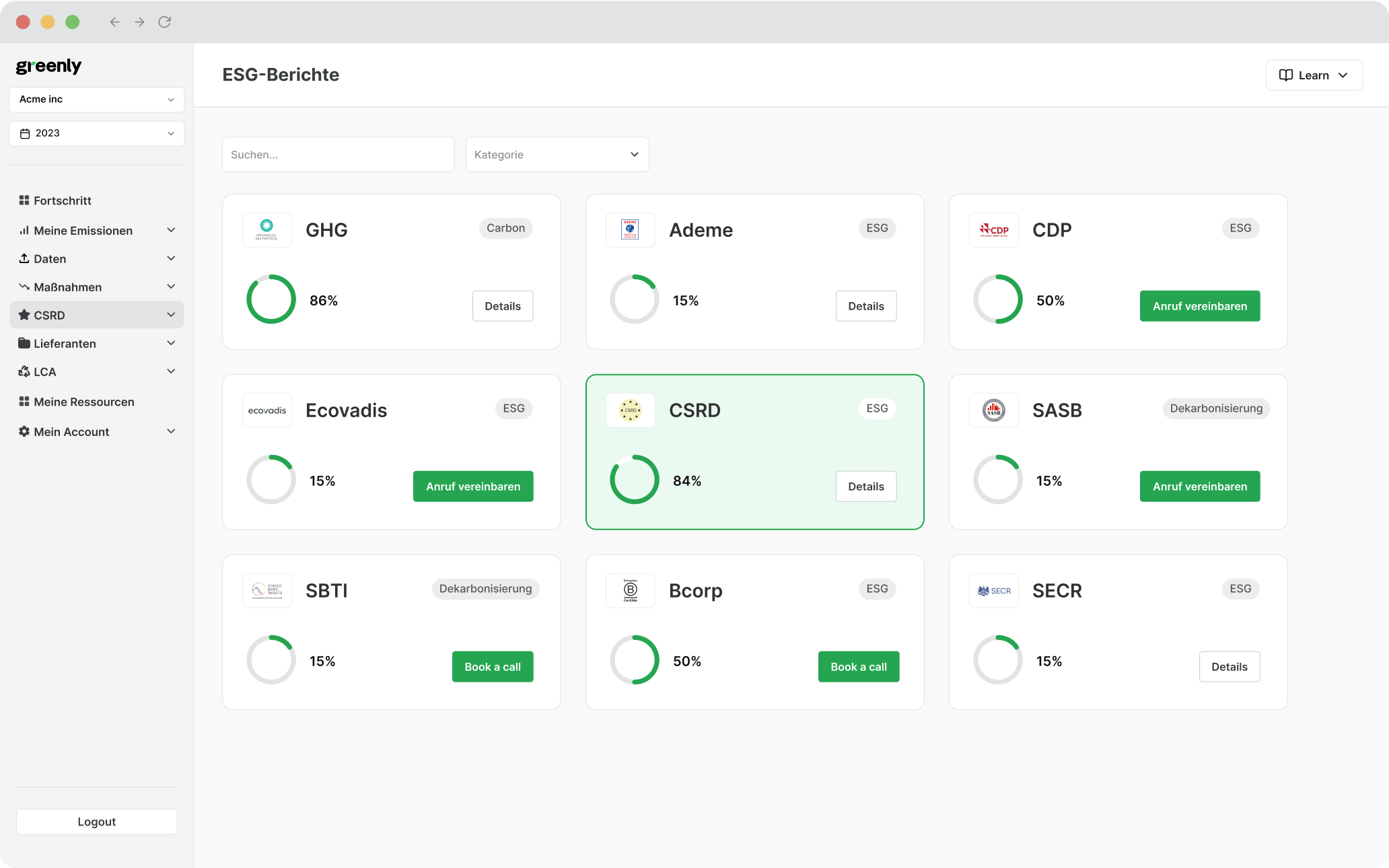
What are the 3 Pillars of Corporate Sustainability?
In this article, we'll explore what the 3 pillars of corporate responsibility are, why they're important, and how businesses can turn them into practical action.
ESG / CSR
Industries



More and more companies are turning to environmental consulting – and not just because of regulatory pressure. Growing expectations from customers, investors, and employees are pushing businesses to take real, measurable action on sustainability. But making that shift isn’t easy. It requires specialized knowledge, strategic planning, and an understanding of evolving environmental standards – something most companies don’t have in-house.
Environmental consulting is a broad field that covers a wide range of goals and services. At its core, it often involves helping organizations comply with environmental regulations, making sure they meet legal requirements and avoid potential risks. But it goes far beyond compliance. Environmental consultants also provide sustainability services, advising on issues like waste management, recycling, flood risk, protecting biodiversity, and the broader impacts of climate change.
Consultants in this field work across many industries and often have different job titles, such as environmental field consultant, environmental project manager, environmental analyst, or sustainability advisor.
Just as the job titles vary, so do the areas of expertise. Some consultants focus on contaminated land, others on energy, carbon footprinting, flood risk, or environmental management systems. Specialisms can also include geotechnical investigations, green claims, feasibility studies, compliance strategy, asbestos management, and more, depending on the needs of the client and the nature of the project.
Common types of environmental consultants and their areas of expertise:
| Consultant type | Field of expertise |
|---|---|
|
Compliance consultant
|
Ensures alignment with environmental regulations and legal obligations. |
|
Environmental impact assessor
|
Conducts baseline surveys and environmental studies to establish pre-development conditions for accurate impact assessments. |
|
Sustainability advisor
|
Guides companies on sustainability strategies, carbon reduction, ESG goals, and the development of management plans for long-term implementation. |
|
Contaminated land specialist
|
Investigates and manages polluted land and soil remediation, often working with landowners to assess risks and guide site restoration. |
|
Geotechnical/environmental engineer
|
Provides structural and environmental analysis of ground conditions and offers planning advice for environmentally sensitive developments. |
|
Flood risk consultant
|
Assesses flood risks and recommends mitigation strategies. |
|
Carbon footprint consultant
|
Calculates emissions and supports decarbonization planning, such as renewable energy projects. |
|
Waste and recycling consultant
|
Designs waste management systems and recycling strategies. |
|
Asbestos and hazardous materials expert
|
Identifies and manages hazardous substances in buildings or sites. |
|
Green claims and communications advisor
|
Supports accurate environmental claims and marketing communication strategies. |
|
Design-phase sustainability consultant
|
Advises during the design process of construction projects, products, or infrastructure to minimize environmental impact from the outset. |
Environmental consultancy is a specialty that started to emerge in the late 1980s and 1990s. In the decades prior to this, companies were subject to very little, if any, regulations when it came to environmental issues. Hazardous waste was simply dumped in the landfill, and pollution wasn’t really of concern.
Slowly, scientists and other professionals began to speak out about the effects of unregulated industries and called for regulations and guidelines to better protect the environment. This led to the realisation across many industries that more needed to be done to help manage their impact.
Environmental consultants helped to fulfil this need and began to provide services to different organizations, advising on how they could operate in a more sustainable fashion and reduce their pollution and waste.
So what’s driving this momentum?
Environmental consulting doesn’t just help companies meet their sustainability goals – it also brings a range of business, environmental, and societal benefits. Here’s why it matters:
Hiring an environmental consultant is a great first step, but getting real value depends on how you engage with them. Here are a few tips for making the most of the partnership:
At Greenly, we offer more than just software - we’re a one-stop environmental sustainability partner. Whether you’re just getting started or ready to scale your efforts, we support clients as they turn climate ambition into measurable progress.
Here’s what we offer:
| What we offer | How it helps |
|---|---|
|
In-house climate experts
|
Access personalized guidance from specialists who understand your industry and goals. |
|
Dedicated support and training tools
|
We don’t just give you data — we help your teams understand it through clear explanations and ongoing support. |
|
Cost-effective solutions & strategies
|
From carbon footprinting to reduction plans and reporting, we tailor everything to your business using an integrated approach that delivers real results. |
|
Stakeholder engagement support
|
Equip your team with the tools and insights needed to communicate sustainability efforts across both internal and external audiences. |
|
Benchmarking & progress tracking
|
See how your company compares to others in your sector and measure your sustainability progress over time. |
Ready to build a more sustainable future for your business? Get in touch with Greenly today to learn how we can support your journey.
